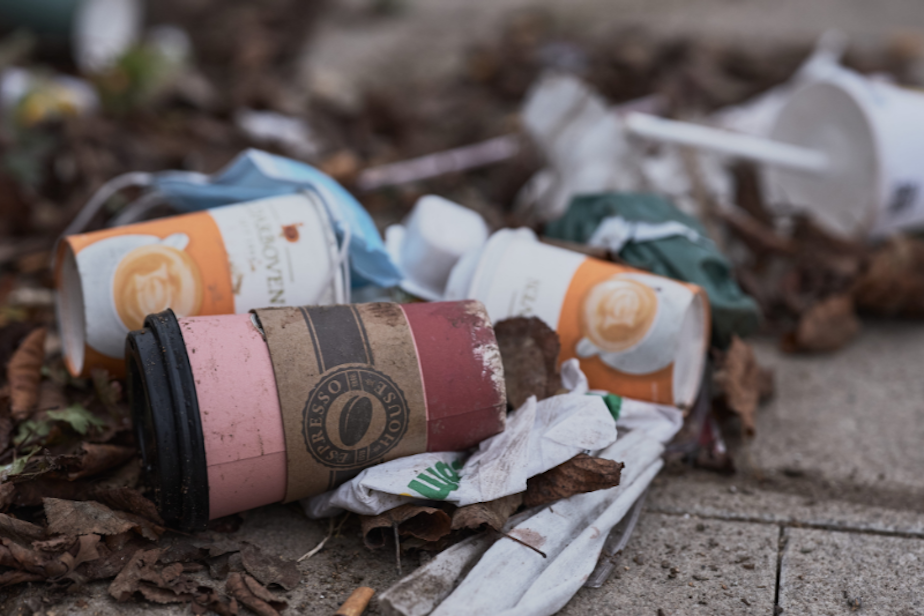Washington state is trashy, and there's a study to prove it

Cigarette butts, construction and demolition debris, and food wrappers. That's what Washingtonians are littering the most across the state. And it's piling up.
The first study of its kind in nearly 20 years says we've got a lot of litter collecting along Washington's roadways and in public areas.
RELATED: Farewell, torture ads. 'Don't litter' signs become gentler in Washington state
Washington's Department of Ecology discovered that there were more than 8,100 pieces of litter per mile in 2022, spread along Washington's roads and in public spaces. That's more than the national average of 5,700 pieces reported in a 2020 national study.
There were no reasons cited as to why Washington's roads and public spaces were so highly littered. But state officials say a contributing factor is that most drivers don't have a trash receptacle in their car.
Sponsored
Ecology estimates:
- 37.8 million pounds of litter accumulates along the state's roads and in public areas annually.
- It adds up to 4.8 pounds, or 897 pieces of litter, per resident.
- State workers picked up 6 million pounds of litter over the first half of 2023, which is nearly an all-time high.
- Ecology spends more than $9 million each year to clean up a small portion of the litter load.
- Freeways and other roadways received the vast majority of litter.
- The study is based on litter collected from 182 randomly selected sites, including roads, on and off ramps, rest areas, parks, and recreational areas. Trash associated with encampments was not included in the study.
Many of the sites chosen for the 2022 study were the same sites included in a 2004 study, the last time the state looked at litter. A total of 6,315 tons of trash were found on Washington's roadways in 2004, about a third of litter found in 2022 (close to 18,900 tons).
RELATED: Seattle is really good at recycling. Maybe a little too good
Washingtonians can be fined $103 for throwing a small piece of trash out their car windows onto the road, and they can be fined as much as $5,000 for illegally dumping larger amounts of trash.




